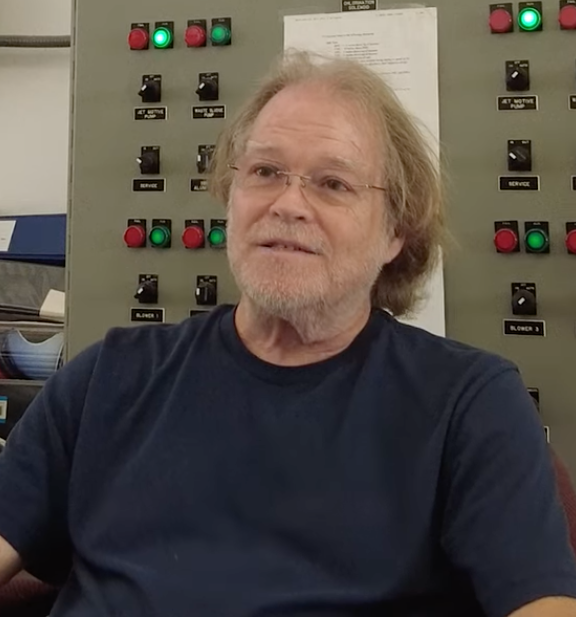Saving costs with process improvements
A major industrial plant eliminated alum usage within three weeks, slashing operating costs and reducing biosolid hauling. Hydrosolve’s innovative solution led to significant operational improvements.
- UK
- Industrial
- Compliance, Capacity
Challenge
Reliant on chemical dosing and expensive sludge handling, the plant struggled to keep up with growing demands for cleaner water and lower costs.
Solution
ABS introduced a biological alternative to alum, cutting chemical use and reducing biosolids at the source, all without new infrastructure.
Outcome
A leaner, more resilient plant with no alum since 2008, significantly less biosolids to haul, and big savings.
70%
reduction in Biosolids
$80K
Annual savings
0
alum use since 2008
Learn more about ABS Consulting Services
On-site support from our experts to help fine-tune processes, troubleshoot issues, and implement improvements with minimal disruption.
Details
A costly dependency
The 11 ML/day treatment plant, supplying reuse water to a nearby paper mill, had become reliant on alum to meet effluent BOD limits and turbidity standards. The chemical costs were high, and biosolids handling remained a major operational burden. Solids were digested anaerobically, thickened with belt presses, and hauled off to landfill, all at considerable expense.
By 2008, the utility needed a better way forward. That’s when they turned to Hydrosolve.

“Not only did it save us $100,000 but it has improved our plant.“
Chip Vandiver
Manager, Crescent City FL, USA
A lasting solution
An ongoing partnership
But that was just the beginning. Over the years, ABS has continued to support the utility’s evolving needs. In 2013, the plant began treating landfill leachate, generating an additional revenue stream. With ABS’s ongoing collaboration, new initiatives like FOG treatment and further sludge digestion optimization have been explored, reinforcing the utility’s commitment to sustainability and innovation.